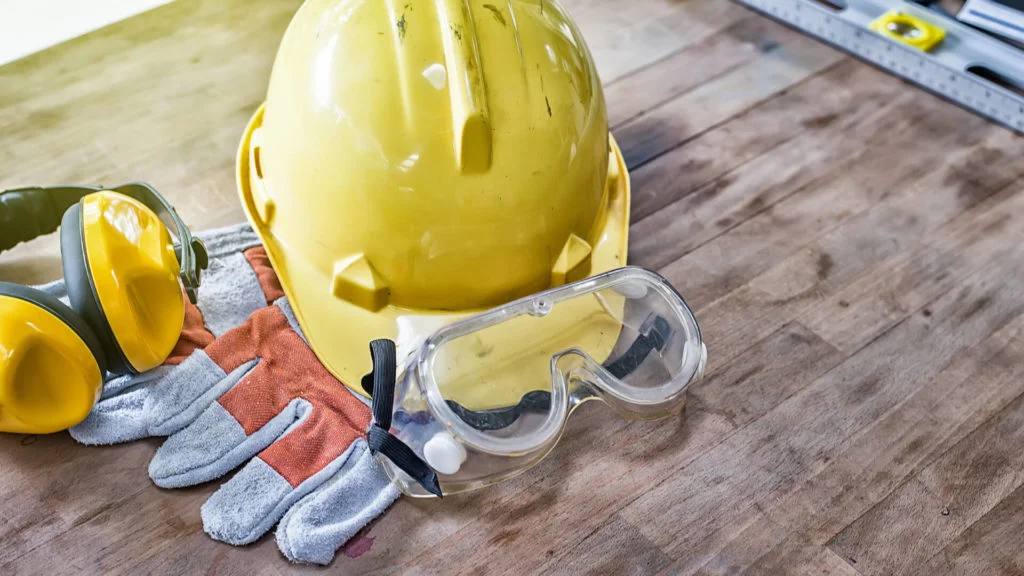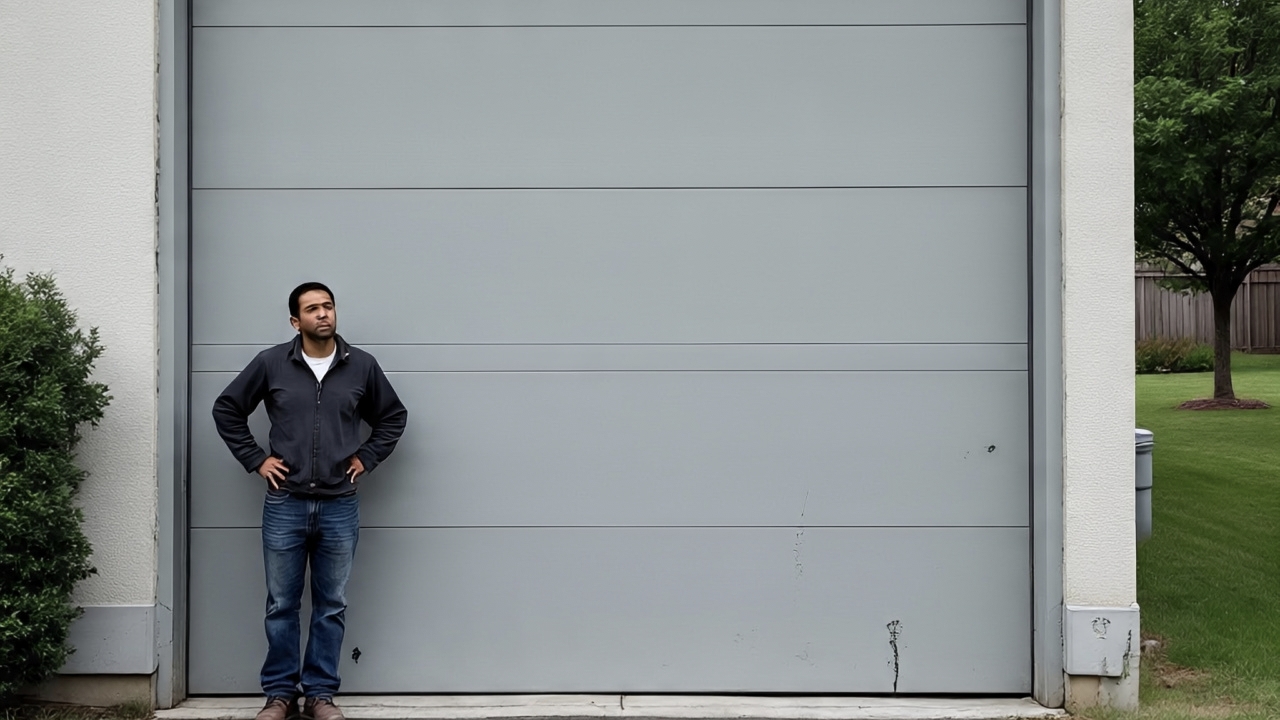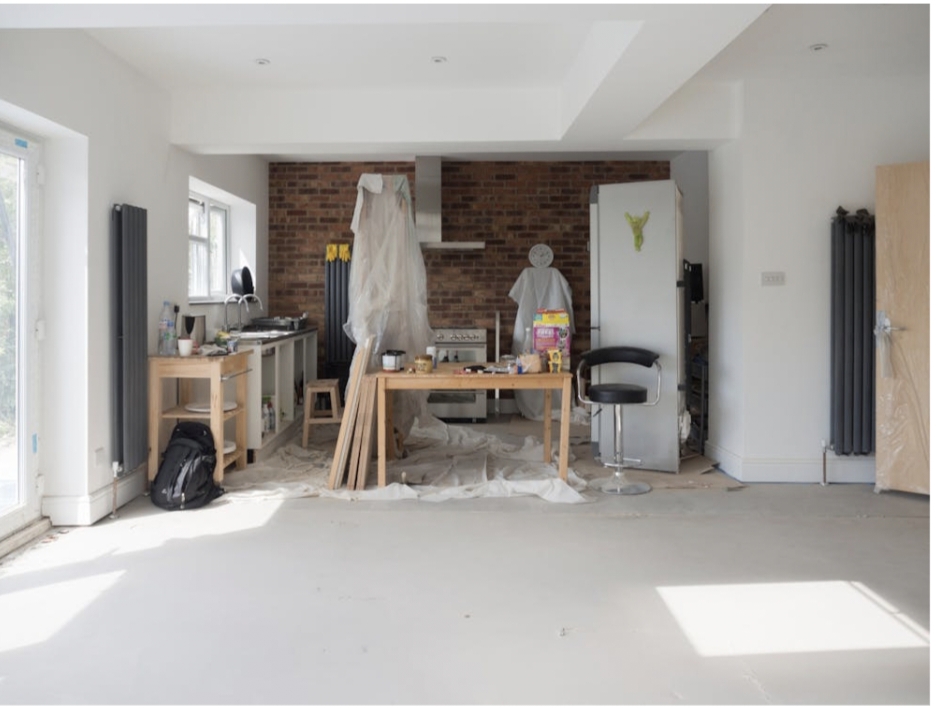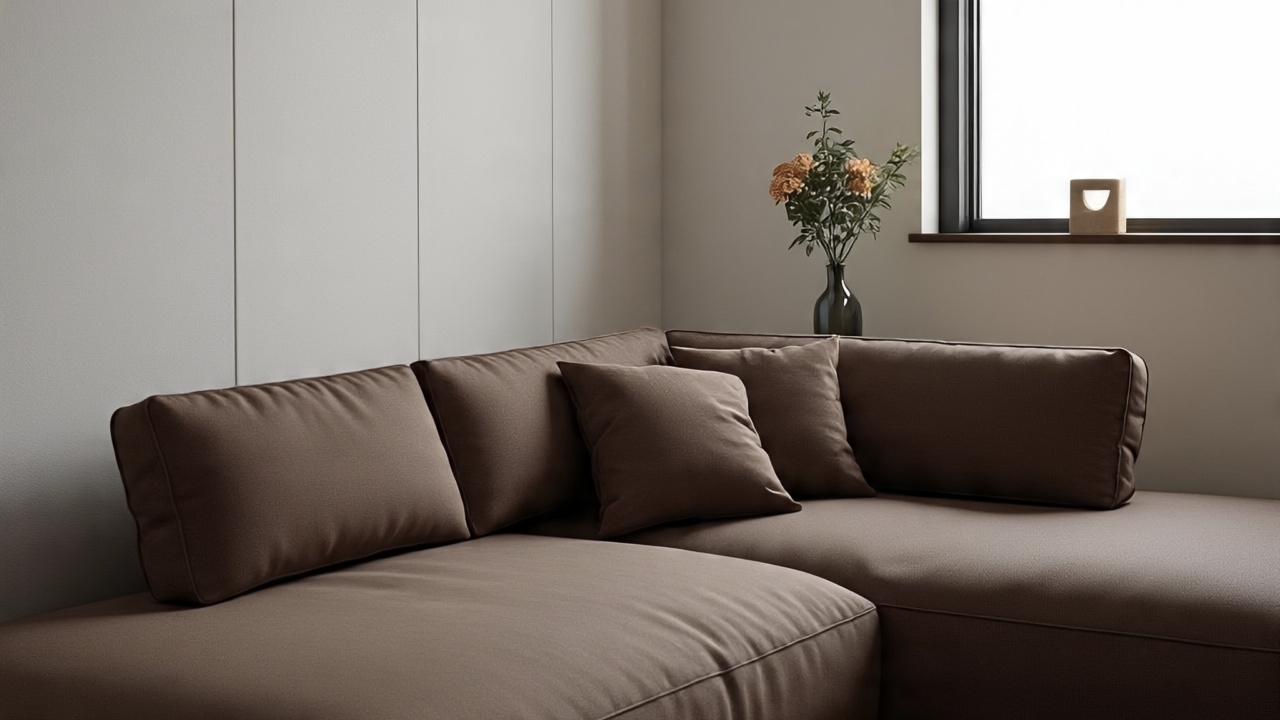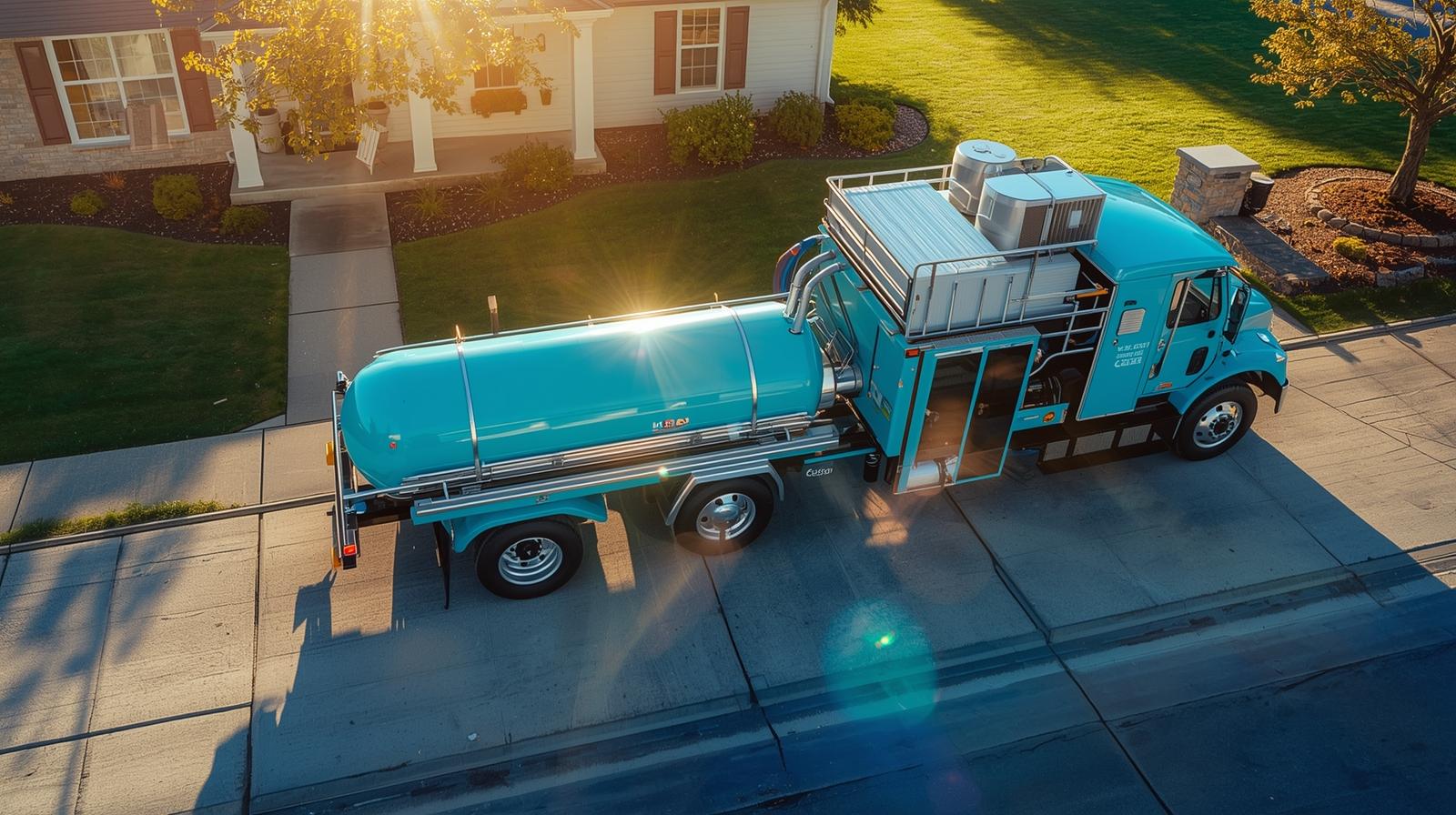Taking on home improvement projects can be exciting. However, many DIY tasks involve working with tools, equipment, materials or environments that can pose safety hazards if proper precautions aren’t taken. Using appropriate personal protective equipment (PPE) is vital for protecting yourself and completing your project successfully. This article will explore why investing in and utilising PPE is so important for any UK home improver.
Protecting Your Eyes
Eye injuries are one of the most common risks faced during DIY jobs. Flying debris, dust and chemicals can easily damage your eyesight. Wearing suitable eye protection greatly reduces the chance of experiencing scratches, irritation, foreign objects or dangerous substances in your eyes. Safety glasses with side shields provide impact and basic splash protection for tasks like cutting, drilling or sanding. For more hazardous DIY chemicals like paint strippers, opt for goggles which fully seal around the eyes. Make sure any eyewear you use is certified to British standards for optimal protection. Protecting your vision ensures you can carry on enjoying DIY passion projects for years to come.
Guarding Your Head
Head injuries are another major source of accidents during home renovations. Bumping your head on low beams, falling objects and electrical shocks can all lead to serious head wounds. Wearing PPE like a hard hat or bump cap minimises the risk of concussions, cuts and other trauma to your head. Look for headgear that meets UK regulations and suits your project – hard hats provide more extensive protection for major demolition or construction jobs, while bump caps are lighter but still guard against bumps and bruises during basic tasks. Protecting your head keeps you conscious, alert and able to respond quickly to any changing conditions for the duration of your DIY project.
Shielding Your Ears
Power tools like drills, sanders and saws can produce noise levels up to 110 decibels – far exceeding the legal limit for workplace exposure. Without proper ear defenders, prolonged loud noise can permanently damage your hearing. Opt for earmuffs or earplugs providing enough noise reduction for the tools you’ll be using. This enables you to continue comfortably communicating and listening to warnings or signs of danger. Preserved hearing means you can keep enjoying everyday sounds and continue your DIY hobbies well into the future. On the other hand, If you’ve already experienced hearing loss, it might also be worth exploring how much are hearing aids, to help restore your ability to enjoy everyday sounds.
Guarding Your Lungs
Dust, fumes and vapours released during home renovations can irritate or even damage your lungs if inhaled. Activities like sanding, spraying chemicals and cutting treated timber pose particular respiratory risks. A suitable mask filters out dangerous particles, preventing long-term breathing issues. Make sure it fits snugly and is rated for the types of fumes your project produces. Proper lung protection means you can take on ambitious DIY tasks without risking your health.
Protecting Your Hands
Many home improvement jobs involve materials that can easily cut, burn or bruise unprotected hands. Sharp tools and debris, toxic substances, hot surfaces and repetitive gripping motions all pose risks. Wearing appropriate gloves enables comfortable long-term work while shielding your hands from harm.
Completing DIY projects successfully requires fully protecting your health and safety. Investing in suitable PPE tailored to the tasks you’ll undertake is a small price to pay for avoiding serious and permanent injuries.

